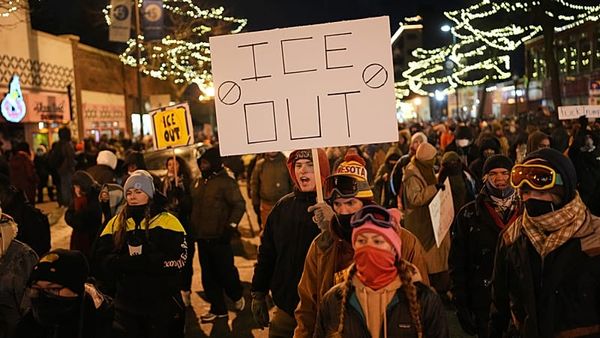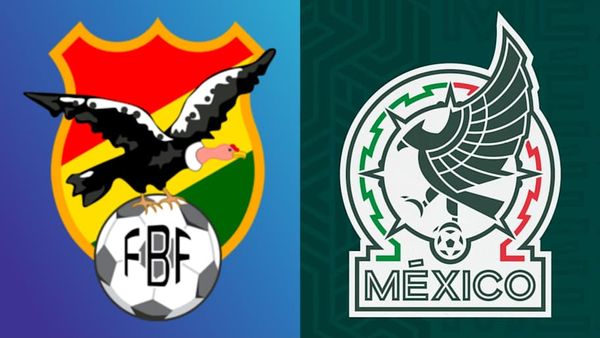
An Algerian court on Tuesday upheld a five-year prison sentence against writer Boualem Sansal for after he was found guilty of undermining Algeria's territorial integrity. The French Prime Minister said he hoped the Algerian president would "grant Sansal a pardon".
Sansal, 80, was first sentenced to five years behind bars on 27 March on charges related to undermining Algeria's territorial integrity over comments made to a French media outlet.
The appeals court confirmed the sentence after prosecutors sought to double his jail term, a French news agency AFP journalist reported from the hearing.
Sansal was informed he has eight days to file a further appeal before Algeria's supreme court.
His newly appointed French lawyer, Pierre Cornut-Gentille, said he would consult with his client before deciding whether to pursue another legal challenge.
The case against him arose after he told the far-right outlet Frontières that France had unjustly transferred Moroccan territory to Algeria during the colonial period from 1830 to 1962 – a claim Algeria views as a challenge to its sovereignty and that aligns with longstanding Moroccan territorial assertions.
Sansal was detained in November 2024 upon arrival at Algiers airport. On 27 March, a court in Dar El Beida sentenced him to a five-year prison term and fined him 500,000 Algerian dinars ( 3,160 euros).
French-Algerian writer Boualem Sansal sentenced to five years in prison
'Unacceptable'
Following the verdict, French Prime Minister François Bayrou said he hoped Algerian President Abdelmadjid Tebboune would grant Sansal a pardon.
"Now that the sentence has been handed down, we can imagine pardon measures, particularly in view of our compatriot's health, will be taken," said Bayrou, calling the situation "unacceptable".
French President Emmanuel Macron has also urged Tebboune to show "mercy and humanity" to the author.
Some of Sansal's relatives have voiced hope he could be pardoned on Saturday, the 63rd anniversary of Algeria's independence.
Appearing in court without legal counsel on 24 June, Sansal said the case against him "makes no sense" as "the Algerian constitution guarantees freedom of expression and conscience".
He defended his remarks by citing the African Union's post-independence declaration that colonial borders should remain inviolable.
When questioned about his writings, Sansal asked: "Are we holding a trial over literature? Where are we headed?"
Diplomatic rift
Sansal's family has expressed fears prison could jeopardise his health, noting he is receiving treatment for prostate cancer.
Authorities in the North African country maintain that due process is being respected.
Commenting on his health on Tuesday, Cornut-Gentille said he saw Sansal a day earlier and that "he is fine".
The writer's conviction further strained already tense France-Algeria relations, which have been complicated by issues such as migration and Macron's recent recognition of Moroccan sovereignty over Western Sahara, a disputed territory claimed by the Algeria-backed Polisario Front.
Last month, the French National Assembly passed a resolution calling for Sansal's immediate release and linking future EU-Algeria cooperation to respect for human rights.
(with AFP)







